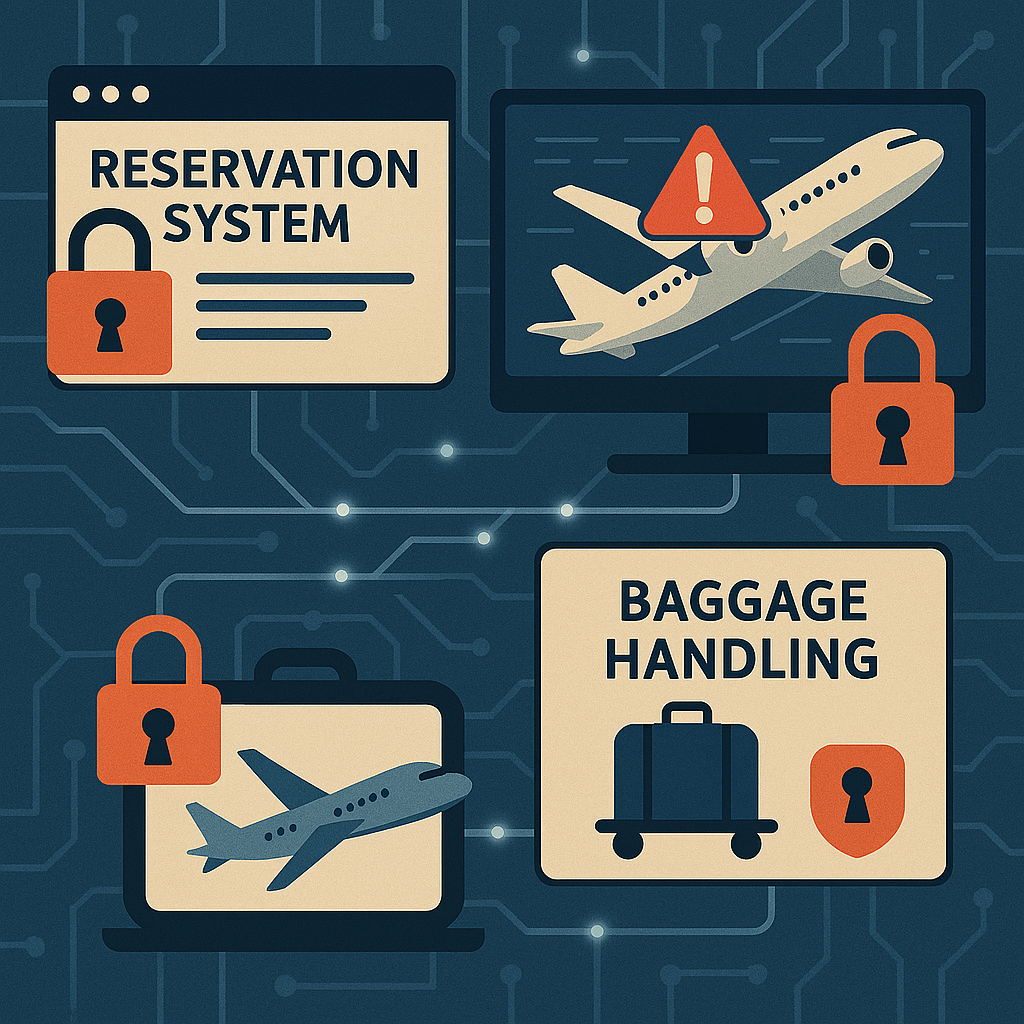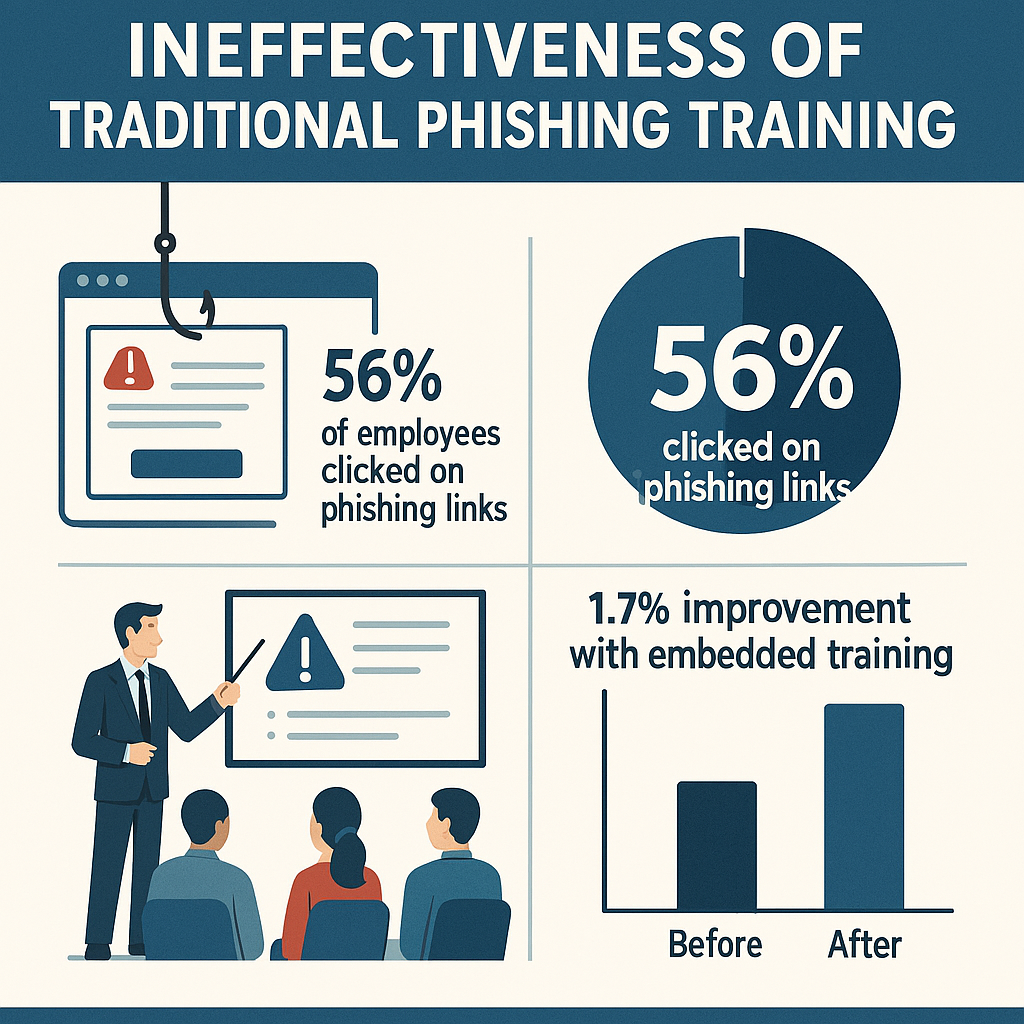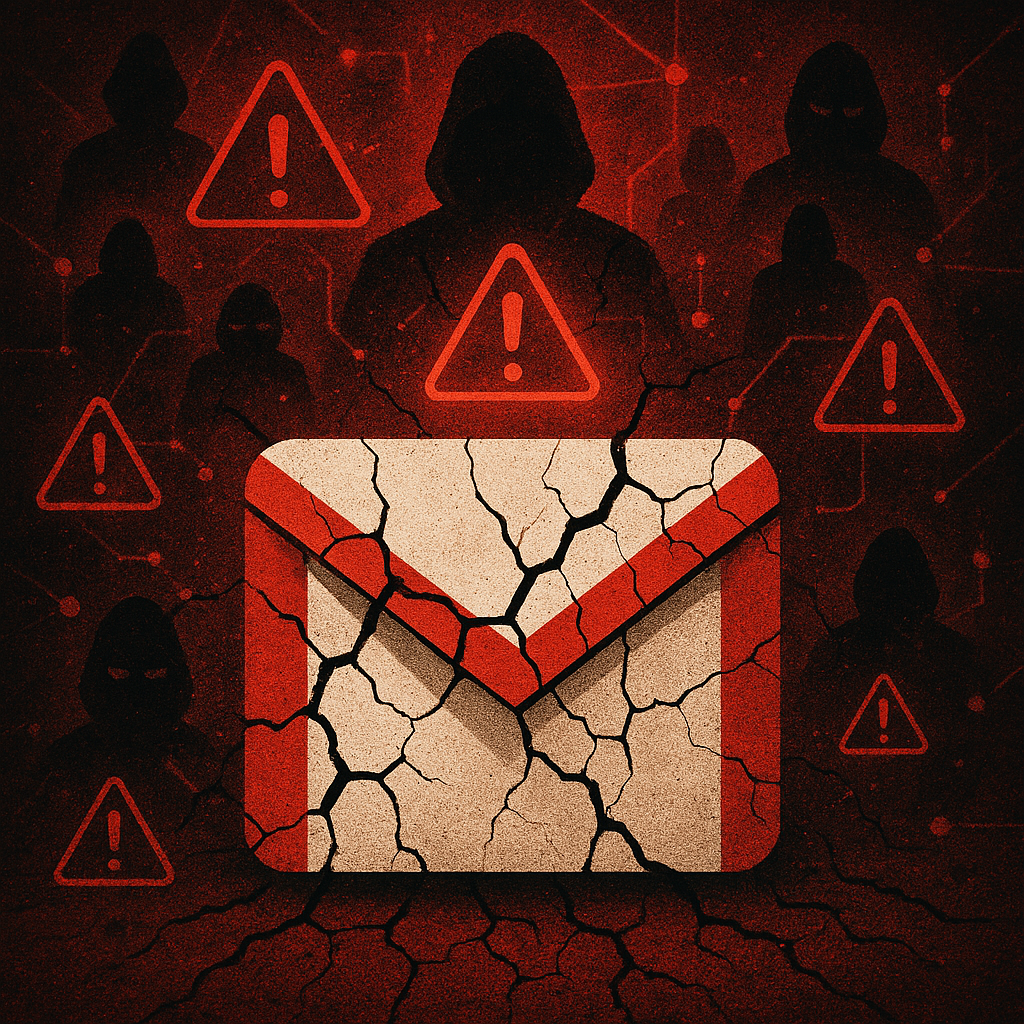Why Airlines Being Hacked Should Matter to Every Passenger
Introduction
In today’s hyper-connected world, the aviation industry depends heavily on digital systems to manage everything from reservations to flight navigation. While this digital transformation has streamlined operations and improved passenger experiences, it has also created new vulnerabilities. News of airlines being hacked is becoming increasingly common, raising questions about how secure passengers’ personal information and flight safety truly are. These attacks range from stealing sensitive passenger data to disrupting flight schedules, and they present real risks that affect millions of travelers worldwide. Understanding why airlines are targeted and how it impacts passengers is essential in navigating modern air travel safely.
Why Are Airlines Being Hacked?
Airlines are among the most attractive targets for cybercriminals because of the immense amount of sensitive data they store and the complexity of their digital infrastructure. Reservation platforms, loyalty programs, flight management software, baggage systems, and even in-flight entertainment networks are interconnected. This interconnectedness increases efficiency but also creates multiple entry points for hackers.
Motivations for targeting airlines include:
- Financial Gain: Passenger data, including credit card numbers and frequent flyer details, can be sold on the black market.
- Political or Ideological Goals: Nation-state actors may disrupt airline systems as part of larger cyber-conflicts.
- Operational Disruption: Even a temporary outage of reservation or flight systems can ground thousands of passengers, costing airlines millions of dollars.
Because the aviation sector is part of critical national infrastructure, it is especially vulnerable to attacks aiming to cause widespread disruption.
What Happens When Airlines Are Hacked?
When an airline falls victim to a cyberattack, the consequences can be immediate and far-reaching. The most common outcomes include:
- Data Theft
Hackers often target databases containing names, contact details, and travel itineraries. Although credit card and passport information is not always compromised, identity theft and targeted scams become significant risks when personal information is leaked. - Operational Disruption
Attacks on internal networks can delay or cancel flights, overwhelm ticketing systems, and leave thousands of passengers stranded. Even short-lived attacks can create a ripple effect across airports worldwide. - Financial Losses
Beyond reputational damage, airlines face significant financial losses due to refunds, legal penalties, and the costs of strengthening cybersecurity after a breach. - Safety Concerns
While no major hack has yet compromised aircraft control systems, experts warn that potential manipulation of navigation data, collision avoidance systems, or communications could pose future safety risks if defenses are not continually upgraded.
Passenger Risks When Airlines Are Hacked
For passengers, the impact of airlines being hacked is not just an abstract concern—it has very real implications:
- Privacy Breaches: Stolen personal data can be used for phishing scams, impersonation, or fraudulent bookings.
- Identity Theft: Criminals may use passenger information to apply for loans, open accounts, or exploit frequent flyer programs.
- Travel Disruption: System outages can leave passengers stranded with canceled flights, missed connections, and lost luggage.
- Trust Erosion: Repeated hacks damage public confidence in an airline’s ability to safeguard data and manage secure travel.
- Indirect Attacks: After breaches, passengers often receive fake emails or text messages posing as the airline, tricking them into clicking malicious links or sharing further details.
Being alert to these risks helps travelers recognize and avoid secondary scams that often follow major breaches.
Real-World Examples Highlighting the Threat
Recent events have shown just how disruptive and damaging cyberattacks on airlines can be.
- Major Customer Data Breaches: Millions of passengers have had personal information compromised in large-scale hacks, forcing airlines to issue public apologies and offer credit monitoring services.
- Flight Delays Caused by Network Disruptions: Several airlines have suffered cyberattacks that delayed dozens of domestic and international flights, creating chaos at airports and affecting holiday travel plans.
- Hacking Groups Targeting Airlines: Sophisticated hacker syndicates have been identified as deliberately focusing on airlines. Using social engineering techniques, they bypass even advanced security systems.
- Research into Aircraft Vulnerabilities: Studies have revealed that non-critical systems such as in-flight entertainment networks could theoretically be used as gateways to more sensitive parts of an aircraft’s digital infrastructure.
While not every incident leads to catastrophic consequences, these examples underscore how persistent and creative cybercriminals have become in targeting airlines.
How Airlines Can Reduce Cybersecurity Risks
Given the critical role airlines play in global transportation, defending against cyber threats must be a top priority. Effective strategies include:
- Zero Trust Security: Limiting access across networks so no single breach can spread unchecked.
- Network Segmentation: Separating operational flight systems from passenger data to minimize exposure.
- Continuous Testing: Conducting penetration tests and security audits to find and fix vulnerabilities before attackers exploit them.
- Employee Training: Many breaches occur through phishing or social engineering. Training staff to recognize and resist suspicious activity is crucial.
- Incident Response Planning: Preparing clear protocols for quickly containing and responding to cyber incidents.
- Collaboration: Working with government agencies, cybersecurity experts, and other airlines to share intelligence and strengthen defenses.
What Passengers Can Do to Stay Safe
While passengers cannot control airline cybersecurity policies, they can take steps to protect themselves:
- Use Strong, Unique Passwords: Especially for frequent flyer accounts and airline apps.
- Enable Two-Factor Authentication: Adds a layer of protection if login details are compromised.
- Stay Alert to Phishing Attempts: Be cautious of emails or texts claiming to be from an airline after a reported breach.
- Monitor Financial Accounts: Regularly check bank and credit card statements for suspicious activity.
- Update Travel Apps Regularly: Security patches are often released through app updates.
By practicing good digital hygiene, passengers can reduce the likelihood of falling victim to follow-up scams and identity theft.
Conclusion
The reality of airlines being hacked highlights the fragility of an industry that depends so heavily on digital systems. While the physical safety of aircraft remains protected, the theft of personal data, widespread flight disruptions, and erosion of public trust demonstrate just how serious the issue has become. Airlines must invest heavily in cybersecurity to protect both their operations and their passengers. At the same time, travelers should stay alert, use strong digital protections, and treat suspicious communications with caution.
As the aviation industry continues its digital evolution, the battle against cyberattacks will remain a defining challenge. Being informed and proactive is the best way for both airlines and passengers to safeguard the future of safe, reliable air travel.




Comments are closed